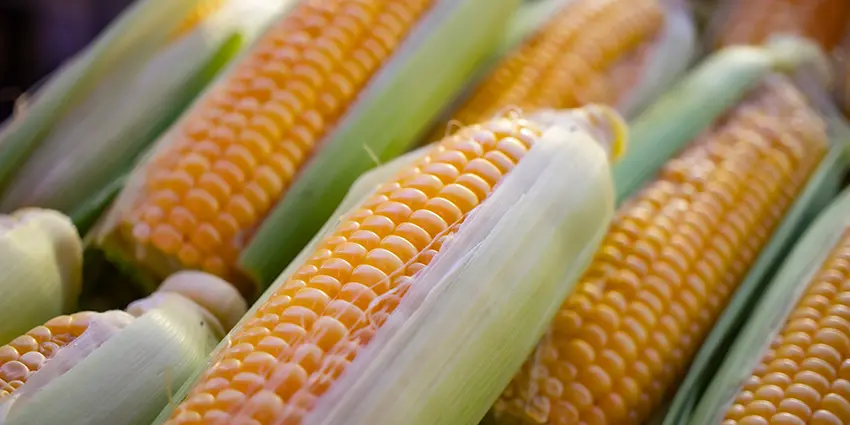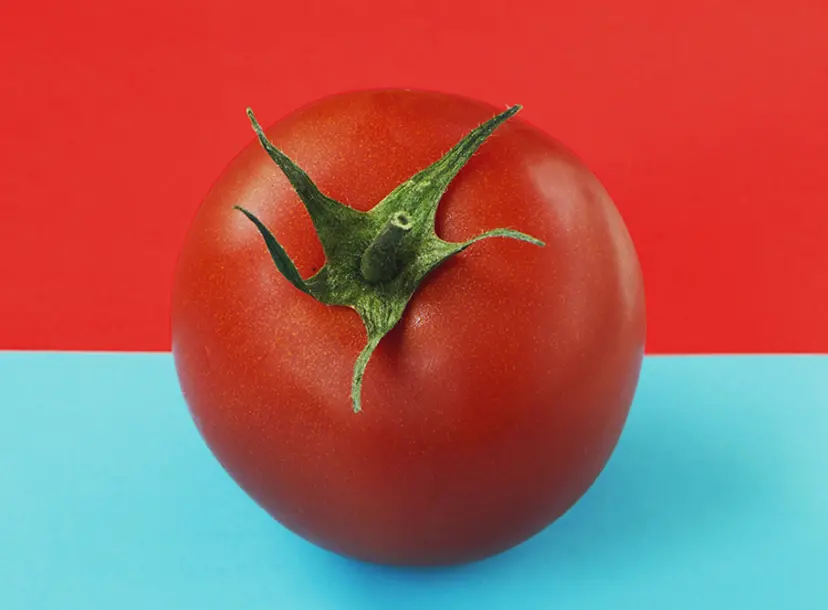Genetically modified organisms (GMOs), especially GMO plants, have come under fire over the years, which is both understandable and unsurprising.
First, they are relatively new, which is bound to spring up some scepticism. Secondly, the first GMO crops were developed by big corporations with competing needs which might have led to unpopular management strategies.
To understand if these fears are misplaced, and in light of the new regulations which approve of gene-edited food in the UK, we let's first understand what GMOs actually are.
What are GMOs and how long have they been around?
GMO is the common term used to describe an organism (including plants and animals) in which DNA has been modified to include some desirable traits. This might be by adding new genes, modifying pre-existing ones, or even removing some.
We have been genetically modifying organisms since the beginning of agriculture. The US Food and Drug Administration (FDA) shows that the first record we have for genetic modification dates to 8000 BCE. This suggests that probably all food we eat today and all domesticated animals are the result of thousands of years of human-driven genetic modification.

This genetic modification in the past was done simply by crossing together species with desirable genetic traits and then selecting the offspring with the advantageous combination. The difference between this and what we describe as GMOs today is that modern ones are done by scientists in a laboratory utilizing biotechnology techniques. These techniques vary depending on what type of modification is done to the organism.
The addition of new DNA from different species is now described as genetically modified (GM); addition of new DNA from the same species or close relatives is called cisgenesis; and the modification of a pre-existing gene is called gene-editing (GE). GE is possible thanks to the invention of the CRISPR/Cas tool which won the Nobel Prize in chemistry in 2020.
GE is the type of genetic modification which has now been approved and will soon be produced and commercialized in the UK.
Why would we want GMOs?
Selecting derisible traits in our food has proven over the years to be beneficial in many ways. Conventional breeding sometimes works but it can take over 10 years to include one genetic improvement into species, it is not always successful, and it is limited to desired characteristics within species. GMOs allow the selection of the modification to be very precise, is not limited to traits within the same species and are way faster to generate.
GMOs and the environment
GMOs can be resistant to pests and more extreme environments, meaning certain crops require less land, water, and fewer pesticides. This has various advantages: producing more yield with less resources is more sustainable, and also deforestation with all the environmental issues that it holds becomes further preventable. GMOs modified to resist specific pests lead to using fewer pesticides that can harm every insect indistinctively. This could prevent the mass devastation of honeybees, for example, and reduce the accumulation of chemicals in different locations.

The production cost of GMOs
Because GMOs have fewer needs, they are cheaper to produce for farmers. Less land, water and, pesticides and herbicides to produce the same yield translates to reduced prices for the public. Some would argue that GMO seeds are more expensive but as soon as they become broadly consumed and accepted this would then make the market more competitive.
Addressing malnutrition
World hunger and malnutrition are global challenges for which a solution has not yet been found. GMOs can be made to help address these problems. Crops can be modified to have enhanced nutrients and vitamins. Some examples of this are Golden Rice, enhanced with vitamin A, or purple tomatoes with higher levels of anthocyanins, proven to have cardiovascular health benefits.

Are GMOs safe to eat?
GMOs have been extensively tested for environmental impacts and human-related diseases such as cancer, kidney disease and allergies. This makes them the most studied food nowadays.
Additionally, they are highly regulated, and their impact is constantly monitored. Food obtained through conventional breeding or subjected to high amounts of herbicides and pesticides has never been subjected to the same amount of testing. Some countries, such as the United States and Canada, have consumed GMOs since the 1990s with no reported harmful evidence.
So, if GMOs are so good why is there still so much scepticism?
Much of the negative views directed towards GMOs have to do with how large companies have used this technology in the past. GMO seeds are expensive to farmers, and they were not allowed to save the seeds for future planting, thus having to pay for expensive seeds every year.
Aggressive business tactics like this have given GMOs a bad name and so science communicators must work on reducing misinformation and directing public scepticism towards the management of the product, rather than the product per se. Of course, some GMOs might focus on solving one problem while creating another, but it all comes down to proper regulation and management. This is the case for every new discovery or technology in any industry.
GMOs have proven to be the most promising way forward in this word with its rapid population increase and changing climate. We need healthy crops with the potential to solve worldwide issues. Scientists continue to work very hard to find new ways to improve crops effectively with major focus on making them more nutritious, resistant to pests and diseases, and tolerant to drastically changing climates.
About the author
Camilla Molinari is a PhD student who studies the fungal plant pathogen Magnaporthe oryzae, commonly known as the rice blast fungus. She uses molecular biology, bioinformatics and genetics to better understand the plant infection mechanisms of this fungus. Currently, she is doing a three-month internship at the Ri learning and enjoying communicating science. She can be found on Twitter at @CamilaMolinari3
Ri lectures to dive deeper into the topic
Cannot get enough genetics? Are you keen to hear about this from different points of view? Check out these talks on YouTube:
